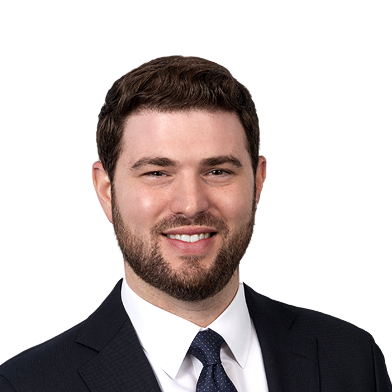In a recent opinion scheduled for publication, the Michigan Court of Appeals held that a medical doctor who is an owner/employee of a plaintiff medical provider is not entitled to be paid an expert witness fee for his deposition testimony.
In Spine Specialists of Michigan, P.C. v. State Farm, Spine Specialists sought payment for care it provided to a patient. Dr. Louis Radden, a neurosurgeon and the sole owner of Spine Specialists, demanded $5,000 for three hours of expert witness testimony.
In the trial court, Spine Specialists filed two witness lists, neither of which identified Dr. Radden as an “expert.” Yet when State Farm sought to depose Dr. Radden during discovery, Spine Specialists demanded $5,000 as an expert fee for him to appear for a deposition, and preemptively filed a motion to enforce the fee. The trial court granted the motion but reduced the fee to $1,000 for the first 90 minutes and $250 for each additional 15 minutes, reasoning that doctors would have a disincentive to treat accident patients if insurance companies were unwilling to pay for the doctors’ deposition testimony.
The Court of Appeals disagreed with the trial court and reversed, holding that Dr. Radden cannot charge a fee for testifying on behalf of Spine Specialists because he is an employee (and agent) of the clinic, even though he might offer an expert opinion regarding the patient’s injuries and treatment.
The Court noted that the purpose of Michigan’s broad discovery rules is to simplify and clarify issues to facilitate trial preparation and further the ends of justice. In that regard, a witness is generally not entitled to payment for deposition testimony. An exception to this general rule applies to an expert who acquires and develops an opinion in anticipation of litigation or for trial, in which case the expert is entitled to a reasonable fee. The Court reasoned, however, that Dr. Radden acquired facts about the patient during his treatment of the patient rather than in anticipation of litigation or for trial.
In ruling against Spine Specialists, the Court noted that the Michigan court rules don’t contemplate payment to a party offering an opinion on its own behalf. While experts are third parties to litigation and don’t have a financial stake in the outcome other than receiving their expert fee, Dr. Radden, who owns Spine Specialists, has a vested interested in the outcome of a case brought by his clinic. In addition, the Court held that State Farm would be prejudiced if its ability to take Dr. Radden’s deposition was conditioned on payment of a witness fee that contravenes the goals of the Michigan discovery rules, and that such information should be easily obtainable without unreasonably burdening the parties.
Practically speaking, the holding in this case will have broad application in no-fault provider cases in which the treating doctor is an employee or agent of the medical clinic. If you have any questions, please feel free to contact any of our insurance defense attorneys.
Michael Schwartz is a commercial litigator, helping his clients resolve disputes with creativity and pragmatic, business-focused thinking.


